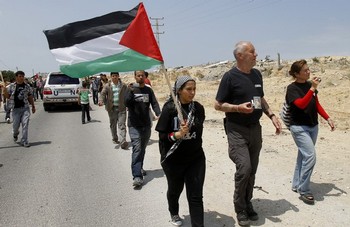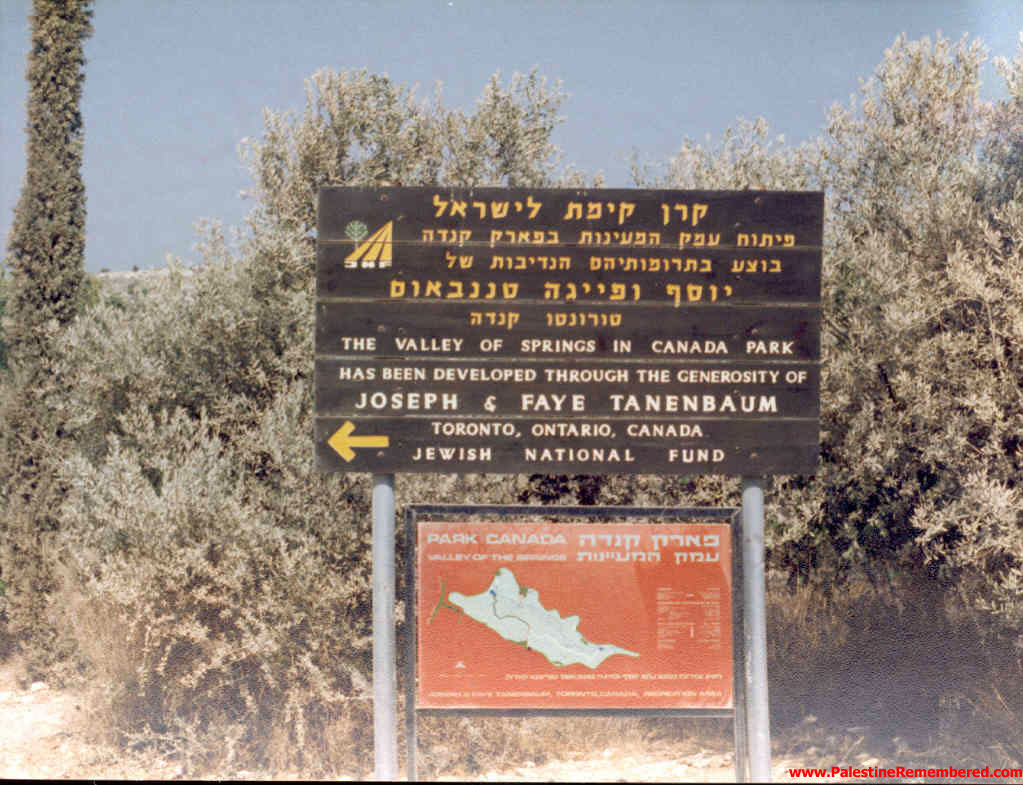Tag: Refugees
-
Nakba day in Gaza
18 May 2011 | International Solidarity Movement, Gaza Nakba Day. The day of the Catastrophe. A day to mark the ethnic cleansing of 800,000 Palestinians from their homes. A day to remind themselves and the world, that one day, they will return to their homes, that they have not forgotten their land. Today marked 63…
-
Bloody Nakba Day; 16 killed, 400 injured as Israeli troops attack protesters
16 May 2011 | Palestine News Network As protests commemorating Nakba ended on Sunday night sources confirmed that Israeli military attacks on those protests left 16 killed and 400 injured. Israeli troops attacked Nakba protests in several parts of the West Bank, Jerusalem, the Gaza Strip, in addition to the Lebanese and Syrian borders. Maroun…
-
Palestinian refugees supporters protest Canada Park
21 February 2011 | The Alternative Information Center Palestinian, Israeli and international activists gathered in front of the Representative Office of Canada to the Palestinian Authority in Ramallah and the Embassy of Canada to Israel in Tel Aviv for protest vigils on Monday (21/2) organized by the Committee for the Defense of the Rights of the…


